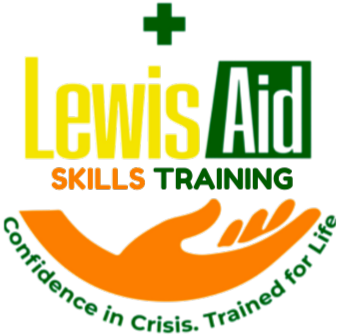What Does Assisting Clients with Medication Involve?
When you're assisting a client with medication, you're helping them take medication that's been prescribed by a healthcare professional, in line with a documented care or support plan. It does not include clinical decision-making or altering dosages.
Reminding someone to take their medication
Handing them pre-dispensed medication (like from a blister pack)
Reading labels or instructions for them
Opening containers or helping with packaging
Recording that medication has been taken
Key Responsibilities
Before assisting, make sure:
The medication is clearly labelled with the client’s name and dosage instructions
There is a medication chart or care plan in place, created by a medical professional
You follow your workplace’s policies and procedures
You must not:
Decide what medication to give or when to give it
Alter dosages
Administer injections or controlled medications (unless specifically trained and authorised)
Red Flags: When to Escalate
Call for help or notify a supervisor if:
The medication appears incorrect or expired
The client is refusing medication or seems confused
You notice unusual reactions or side effects
There’s a change in the client's health that could affect medication use
Why It Matters
Incorrect use of medication can lead to serious health risks, including overdoses, allergic reactions, or reduced effectiveness of treatment. Even with non-prescription medications, combining them with prescribed drugs can cause harm.
Learn the Right Way
If your role involves supporting people with medication, the best way to ensure safety and confidence is through proper training. A formal first aid or medication support course will equip you with the right knowledge and skills.
By undertaking this unit, you'll be better equipped to support your clients' health needs, contributing to their safety and well-being.
At Lewis Aid, our goal is to make these knowledge accessible to everyone. We are committed to providing high-quality training that is easy to understand, practical, and designed for real-life scenarios. Our courses are suitable for individuals, workplaces, and families, ensuring that no one is left unprepared.
For hands-on practice and certification, consider enrolling in a first aid course with Lewis Aid. Find a provider near you at www.lewisaid.com.au or www.findtraining.com.au.
